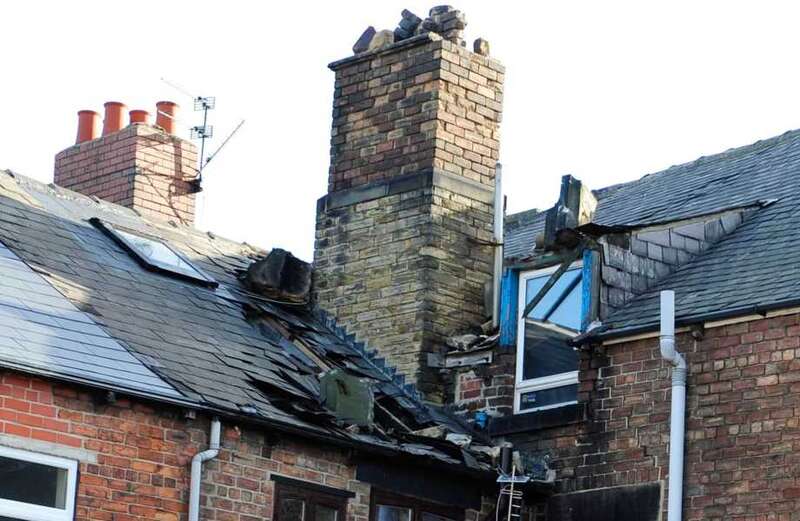A MAP has revealed the UK's worst earthquakes in the past 640 years including a 6.1 magnitude tremor.
While the UK has escaped the so called megathrust earthquakes that result in the loss of life, tremors do happen.



Now the The British Geological Survey (BGS) has put together two interactive maps that chart every quake since 1382.
Dogger Bank out in the North Sea witnessed the record quake with a 6.1 rumble in June 1931.
The quake happened 60 miles out to sea so there was little damage to buildings. Some ships reported tremors.
 Spectacular New Year fireworks light up London sky as huge crowds celebrate across UK for first time in three years
Spectacular New Year fireworks light up London sky as huge crowds celebrate across UK for first time in three years
However a woman in the Hull area is reported to have died from a heart attack , said to have been caused by the quake.
The most destructive quake to rock Britain was in Colchester in 1884. The tremor damaged a number of buildings including churches.
In February 2008 student David Bates suffered a broken pelvis when he was pinned under masonry in his attic bedroom in Barnsley Road, Wombwell, South Yorks. The collapse was caused by a quake.
His father told BBC Radio Sheffield: "I went upstairs and [David] had got this big piece of masonry on his hip.
"I rolled it off and he said 'I think I've broken my pelvis'.
"The police and fire brigade finally came and cordoned it all off.
"I just wanted to get David to hospital because we knew it was bad, he was in pain."

Mapping experts at Esri UK uncovered the ten most seismically active areas in the country.
These areas in England are Manchester, Blackpool, Stoke-on-Trent, Mansfield, and Gweek in Cornwall.
The Llyn Peninsula was the most active area in Wales, while in Scotland, Edinburgh, Clackmannan, Knoydart Peninsula and Dumfries were the hotspots.
 Disgusted shoppers slam supermarket after spotting turkey two weeks out of date
Disgusted shoppers slam supermarket after spotting turkey two weeks out of date
The UK will feel a magnitude-4.0 earthquake roughly every two years, and one magnitude-5.0 or higher every eight years.
It also experiences a tremor of between 1.0 and 1.9 on the Richter scale every two and a half days.
Buxton in Derbyshire was struck by a 2.5 magnitude earthquake in January.
The British Geological Survey (BGS) said the tremor measured a tiny 2.5 on the Richter scale.
The epicentre of the quake was just 2.5km north west of the picturesque market town, at a depth of 3km.
No members of the public are thought to have noticed the tremors.

































